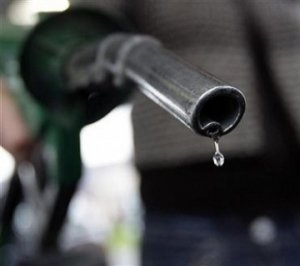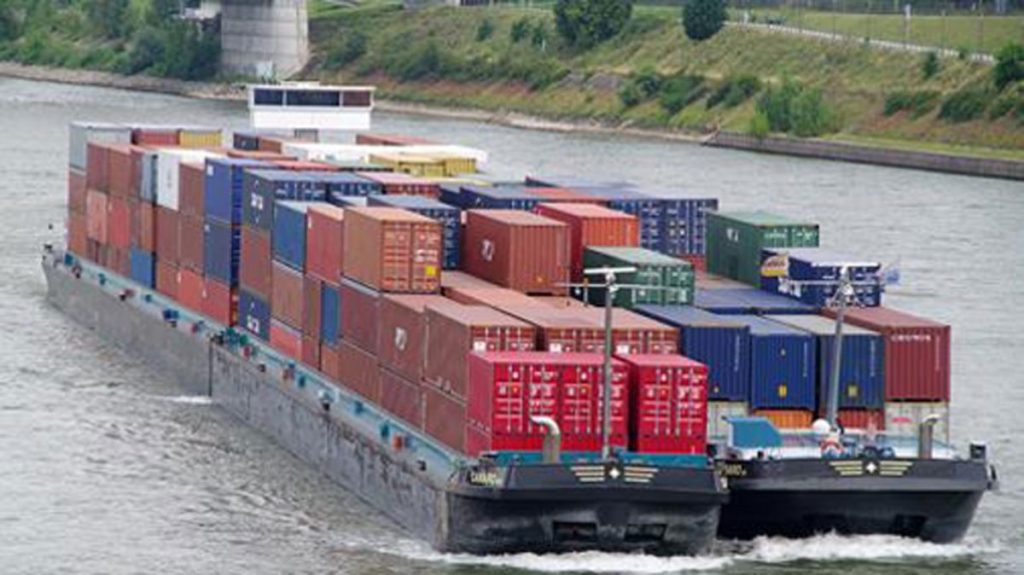 18 January 2012, Sweetcrude, ABUJA – A fresh audit of Nigeria’s entire oil and gas sector is in the offing, going by the order of the government on Wednesday.
18 January 2012, Sweetcrude, ABUJA – A fresh audit of Nigeria’s entire oil and gas sector is in the offing, going by the order of the government on Wednesday.
The Nigerian government ordered the audit, covering the last three years, on Wednesday.
It is the latest move to clean up corruption in Africa’s biggest oil industry after a week of anti-government protests.
The move follows the opening of an investigation into the sector by the corruption watchdog and a separate Senate investigation into fuel subsidies — all announced this week.
Information Minister, Labaran Maku, announced the plan for the fresh audit at the end of the Federal Executive Council (FEC) meeting in Abuja.
“As part of government’s anticorruption agenda, council today … approved the award of contracts to two audit firms to conduct a thorough audit of the accounts and activities of all government institutions and entities in the oil and gas industry from 2009 to 2011 with nine months completion period,” the minister said.
President Goodluck Jonathan has come under intense pressure to clean up Nigeria’s 2 million barrel per day oil sector, after a week of protests over fuel prices revealed public anger about corruption and waste of the country’ oil wealth.
Unions called off a week long strike on Monday, after Jonathan partly backed down on the scrapping of a popular fuel subsidy. He and oil minister Diezani Allison-Madueke promised prompt action to implement delayed reforms to the oil sector.
Maku named two Nigerian firms as the auditors: Haruna, Yahaya & Co. and Sada, Idris & Co.
“The audit would be carried out in all government revenue generating … institutions and entities in the oil and gas and solid minerals sectors of the country,” he said. “The audit firms shall access production, exports, imports and unaccounted oil and gas … and other relevant streams.”
On Monday Nigeria’s corruption watchdog on orders from Allison-Madueke launched an investigation into the subsidy system, sending agents to the state oil company and petroleum pricing regulator.
On the same day, her ministry announced that it had set up a committee designed to facilitate the passing of an oil bill meant to overhaul the entire sector.
Skeptics will point out that the Nigerian government has invited auditors into its oil and gas sector before — and failed to act on their reports.
A report compiled by international accounting firm KPMG into the opaque state oil company has been on the oil minister’s desk for a year, but no action has been taken on it yet.



